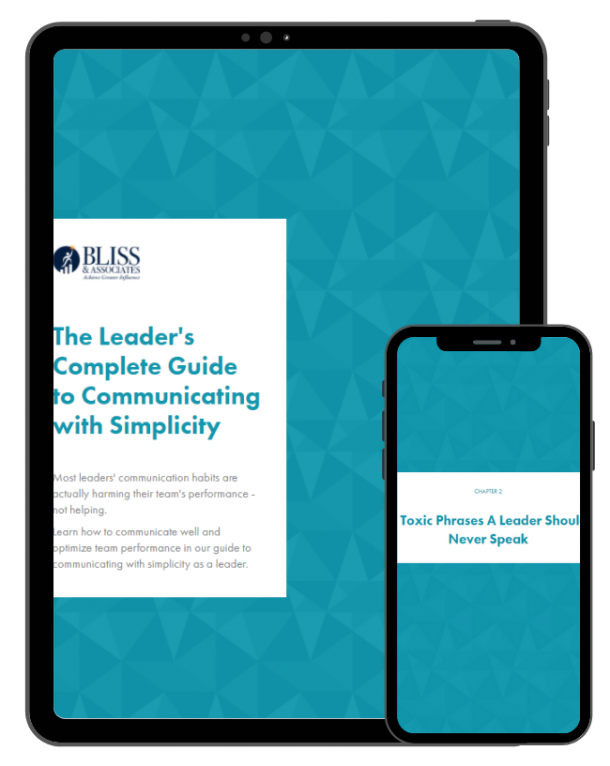
As I work with leaders in all walks of life, a question they often ask sounds something like, “What key traits should I look for in a team member?” I was reminded of this recently when I read an email from my friend Regi Campbell. Although he was writing in a somewhat different context, it got me thinking you might benefit from hearing my answer, combined with Regi’s wisdom.
As a leader, you know your success will be determined in large part on the accomplishments of the team you lead. Those accomplishments will come more effectively, efficiently and profitably with a healthy team firing on all cylinders.
One of the key ingredients of healthy team members is their motivation to grow and be better, or simply put, their hunger. Let’s face it, it is much harder on us as leaders to provide motivation where little exists, other than motivation by fear or intimidation, which I am clearly not advocating.
How can you recognize such hunger? Consider the following:
- Is The Team Member A Curious Learner?If s/he regularly reads, attends conferences, seeks out relevant training, listens to relevant podcasts, it says s/he is motivated to learn. When someone stops learning, they stop growing and begin to decline. Yesterday’s tools and techniques will soon be obsolete. The curious learner is one who regularly explores new ideas others have developed and implemented with success.
- Is The Team Member Doing At Least One Thing To Grow In His Position?Does the person have a development plan beyond the “typical” or vanilla plan standard for the position? Do they have a personal growth development plan? Can they articulate where they are headed in their career? If they are not actively growing, they are regressing. As a leader, you don’t want someone who is regressing – they suck a great deal of energy from you and the rest of the team.
- Is The Team Member Persistent And Tenacious?If s/he shows a relentless pursuit of a goal or outcome, this person is worth their weight in gold. Persistent and tenacious people aren’t stuck when obstacles occur – they figure out ways to work around such obstacles or bust through them. They work through challenges; they don’t use challenges as excuses for non-performance. I’m not referring to the person who would rather ask for forgiveness rather than permission, although in some (or many) situations, this attitude is quite beneficial. Persistence doesn’t require advanced education. Strong amounts of persistence and tenacity help to overcome fear, discouragement and apathy.
- Does The Team Member Demonstrate Consistency?The person who is consistent in their behavior with a greater number of effective habits is one I’ll have on my team over the “book-smart” person. Do they arrive early? Are they willing to consistently help other team members accomplish a goal? Does s/he do what they say they will do, when they say they will do it? Implementing consistent behaviors over long periods of time has the same impact as compound interest on a savings account. It may not be evident in the short term, yet in the long term, it is significantly beneficial.
- Is The Team Member Willing To Own Their Mistakes and Grow From Them?We all make mistakes. If we are not making mistakes, we are not taking enough risk and we certainly aren’t learning anything new. John Maxwell has said, “Experience is not the best teacher; evaluated experienceis the best teacher.” It is one thing to make mistakes and even experience some degree of failure. As a leader of a team, the person who owns the mistakes and grows from them is the type of team member who will help us succeed. The person who readily admits fault and accepts responsibility for not meeting expectations is the one we can count on in the trenches. The person who can apply the learning all mistakes provide is the one who will advance quicker than most others.
Team members always learn from the leader. How are you doing in these five areas? Are you:
- A curious learner?
- Demonstrating growth in your leadership position?
- Persistent and tenacious?
- Consistent in the application of good habits?
- Willing to own your mistakes and grow from them?
I recently conducted a workshop with an in-house department of 34 people on such topics as:
- Being Proactive
- Productive Meetings
- Clarity in Communication
- Leading With Influence
- Building a Healthy Team
If you’d like to learn how to bring some of these (or other similar) topics into your workplace, let’s talk.
Best regards,
Bill

